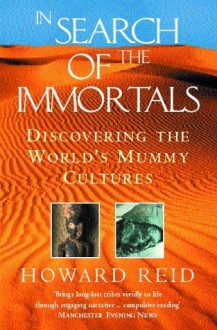
TITLE: The Rational Optimist: How Prosperity Evolves
AUTHOR: Matt Ridley
DATE PUBLISHED: 2011
FORMAT: Paperback
ISBN-13: 9780007267125
_____________________________
DESCRIPTION:
"Life is getting better—and at an accelerating rate. Food availability, income, and life span are up; disease, child mortality, and violence are down — all across the globe. Though the world is far from perfect, necessities and luxuries alike are getting cheaper; population growth is slowing; Africa is following Asia out of poverty; the Internet, the mobile phone, and container shipping are enriching people’s lives as never before. The pessimists who dominate public discourse insist that we will soon reach a turning point and things will start to get worse. But they have been saying this for two hundred years.
Yet Matt Ridley does more than describe how things are getting better. He explains why. Prosperity comes from everybody working for everybody else. The habit of exchange and specialization—which started more than 100,000 years ago—has created a collective brain that sets human living standards on a rising trend. The mutual dependence, trust, and sharing that result are causes for hope, not despair.
This bold book covers the entire sweep of human history, from the Stone Age to the Internet, from the stagnation of the Ming empire to the invention of the steam engine, from the population explosion to the likely consequences of climate change. It ends with a confident assertion that thanks to the ceaseless capacity of the human race for innovative change, and despite inevitable disasters along the way, the twenty-first century will see both human prosperity and natural biodiversity enhanced. Acute, refreshing, and revelatory, The Rational Optimist will change your way of thinking about the world for the better. "
____________________________________
REVIEW:
The Rational Optimist takes a look at human history from the Stone Age to the present (2010) and how prosperity evolves. This is an interesting look at how everything is not doom and gloom and that things will (probably) get better (unless government interferes too much).
PS: Farming is not fun and idyllic - it's hard work! And the world is definitely better with a modern functioning sewage system than without one.


 Log in with Facebook
Log in with Facebook 









